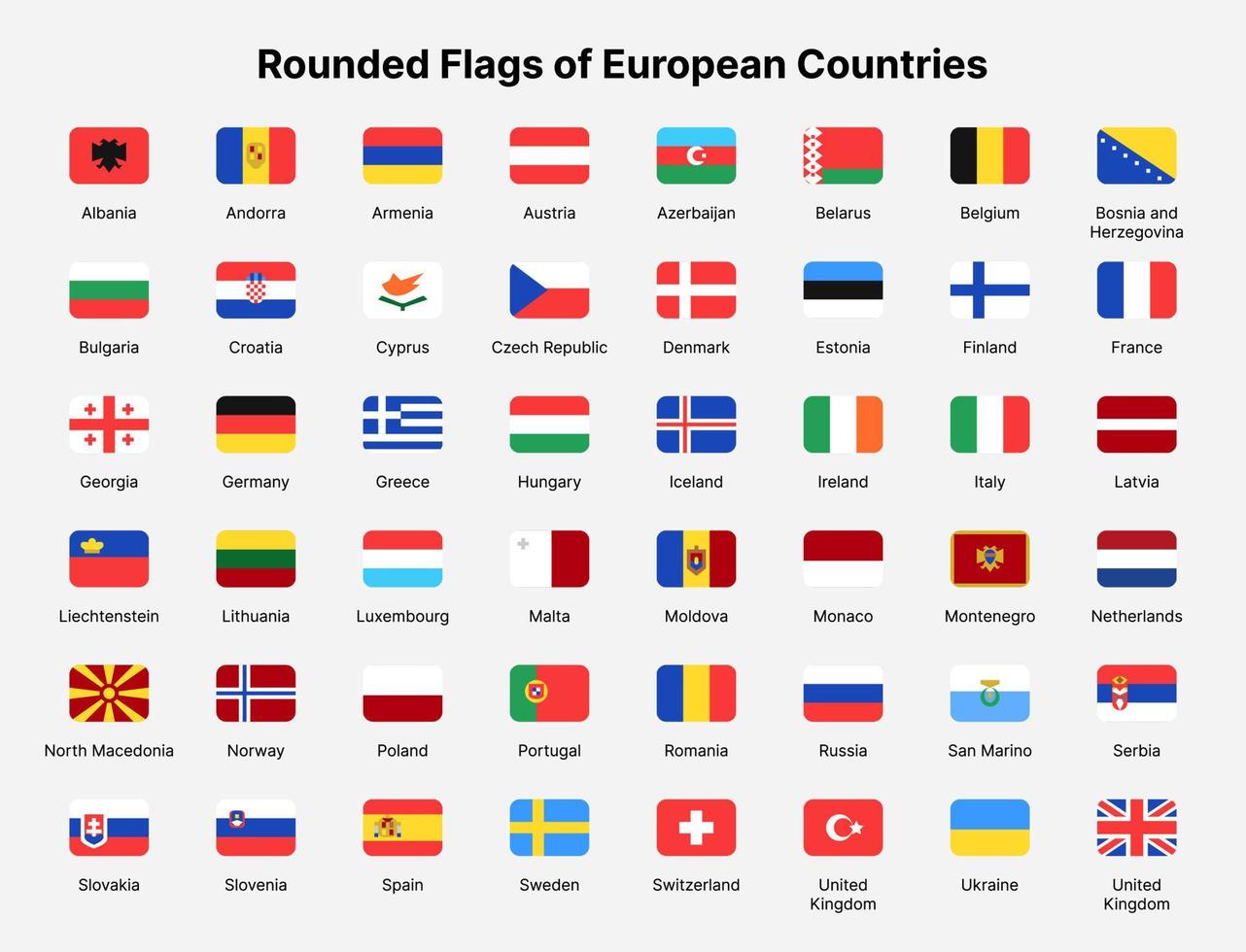Who is eligible for asylum in Germany, and who will be refused and forced to leave the territory of the Federal Republic of Germany? How does the procedure for the expulsion of foreigners from the country work? Everything you need to know about a Refugee status in Germany learn below.
Asylum procedure
All asylum seekers in Germany are registered. They can do this as soon as they reach the border of Germany or later.
After applying, asylum seekers receive an identity document – confirmation of arrival (Ankunftsnachweis). This document serves as proof of the right to live in Germany. And just as importantly, it gives the right to receive state benefits for accommodation, treatment, and food.
After registration, under quotas, migrants are distributed to different regions of Germany. Asylum seekers can get free housing in special hostels. Later, local authorities may permit migrants to seek separate housing.
A personal application for asylum must be submitted to the BAMF branch. An interpreter is present during the procedure to help applicants understand their rights and obligations under the asylum procedure. Besides, they receive all important information in writing in their language.
Personal data is recorded during the application procedure, if this has not already happened, for example, when the confirmation of arrival was issued. Applicants are required to prove their identity (if they can) with a national passport as well as other documents such as birth certificates and driver’s licenses. The authorities use physical and technical expertise on these documents.
The application is usually made in person. A written application for asylum can only be made in special cases, for example, if the person is in a hospital or has not yet reached the age of majority.
After applying for asylum, applicants receive a certificate – a residence permit (Aufenthaltsgestattung). The residence permit is geographically limited to the area where the asylum seekers were assigned. Applicants need permission if they wish to temporarily leave the area. The obligation to live in a specific place is valid for three months. Asylum seekers can then reside anywhere in Germany.
Who is eligible for asylum in Germany?
Persons persecuted for political reasons are protected by the Basic Law of Germany and can apply for political asylum. Refugees are legally considered persons who are entitled to international protection following the Geneva Convention on Refugees. According to this document, every person who is persecuted at home “based on race, nationality, religion, citizenship, belonging to a particular social group (including based on sexual orientation) or because of political opinion” and therefore must leave it may apply for asylum in Germany.
Personal interview
This is the most important meeting of an asylum seeker. Therefore, you can get advice from aid organizations, charitable associations, or municipal agencies.
The interviews are not public, but a lawyer or a representative of the Office of the United Nations High Commissioner for Refugees may be present. In the case of unaccompanied minors, another person in the applicant’s confidence may come to assist. This person must be able to identify himself and cannot personally participate in the asylum procedure.
The purpose of the interview is to obtain complete information about the reasons why the applicant can obtain refugee status. The length of the interview depends a lot on the type of persecution the person has experienced and on the applicants themselves. Asylum seekers are required to provide only truthful information and, if possible, demonstrate any evidence of persecution and violation of rights in their home country. These can be photographs, documents from the police or other authorities, medical reports, etc.
Asylum decision
The BAMF decides on an asylum application based on a personal interview and a detailed examination of documents and evidence. The decision is justified in writing and, if necessary, is sent to the person concerned.
Asylum refusal
In case of refusal, the migrant can appeal the BAMF decision to the administrative court. If the foreigner failed to prove his right to obtain asylum, you can file a claim with a higher court instance – the Supreme Administrative Court, then with the Federal Administrative Court (BVerwG), and so on before the European Court of Human Rights.
Watch also:
- Apply for German Citizenship in 2021
- PhD in Germany for Indians: Free Education Guide
- Immigration to Germany: German Marriage Visa






